
Amino acids are the individual compounds that make up all the proteins in both plants and animals. Taurine is one of these amino acids. Most mammals are able to synthesize taurine within their body from other amino acids, but cats cannot synthesize it in adequate enough concentrations, making it an essential amino acid for them. That is, cats need to obtain taurine from their diet.
Taurine can serve a variety of purposes in your cat's body. The main function it's known for is in the aid of retinal function as well as heart function, but it can also help with digestion as well as reproductive development. Cats that aren't getting enough taurine in their daily diet can develop an array of symptoms in relation to these functions. The symptoms won't manifest immediately, but may take anywhere from five months to two years to surface. If your cat isn't getting enough taurine you may see any of the following:
Prolonged retinal degeneration that is left untreated can lead to blindness in your cat. While supplementing your cat's diet with taurine can slow down or even stop the progression of retinal degeneration, it won't reverse any blindness your cat may have suffered before supplementation.
If your cat's taurine-related dilated cardiomyopathy is caught early enough and if it is in turn treated with dietary supplements, the effects can be reversed. If left untreated, though, DCM can lead to heart failure and death.
In pregnant cats, low taurine can lead to smaller litter sizes and smaller birth weights, in addition to other congenital abnormalities. If the kittens are, in turn, fed a taurine-deficient diet, they can have delayed growth and development.
Taurine was first discovered to be an essential amino acid in cats in the 1980s. As such, all commercial cat food has been supplemented with taurine to provide your cat with his/her needed concentrations. Taurine is only found in animal tissue, making cats obligate carnivores.
Pet food companies and researchers discovered that not all of the taurine they put into canned cat food is usable by your cat's body. This is due in part to the heat applied during the processing of canned cat food. The pet food companies have compensated for this by adding more taurine in their wet food formulations than dry food. So long as your are feeding a commercial cat food that is appropriate for your cat's age group (growth, adult maintenance, gestation/lactation) you can rest assured that there is enough taurine in your cat's diet.
It is important to note that when checking for the life stage of your cat's food, you should not rely solely on what is in giant font on the front of the bag, but also rather what the AAFCO statement says. AAFCO is the pet food regulating body and an AAFCO statement is typically found on the back or side panel and near the guaranteed analysis and/or ingredient list. In addition to telling you what life stage the food you is for, the AAFCO statement will tell you if the food has been formulated or if it has been tested.
Formulated simply means the pet food company followed the guidelines put forth by AAFCO to make a pet food for that species and for that life stage. Tested means the pet food company not only followed the guidelines but then also put the food through diet trials to ensure that it was healthy, complete, and safe for your pet to eat.
If you feed your cat a prescription diet, the levels of taurine in the diet are factored into formulating the diet to treat your pet's illness. If you home cook for your cat, you don't necessarily need to add a taurine supplement in if there is adequate taurine levels in your protein source, but review your specific recipe with your vet to ensure that your cat is getting all of the nutrients they need, including vitamins and minerals.
Supplementing your cat's diet with additional taurine isn't always necessary. Again, all commercially available cat foods have enough taurine in them for their labeled life stage. If your cat has a taurine deficiency related illness, your cat may require supplementation in addition to eating an appropriate diet, at least until symptoms dissipate. Supplementation may also be required if the majority of your cat's diet is not from a commercial food.
Supplementing your cat's diet with taurine is relatively safe and supplements are readily available over-the-counter. You always want to check with your vet before starting your cat on a taurine supplement, though. This is because the FDA does not regulate supplements like it does medications, so not all supplements are created equal. Your vet can help point you in the right direction about what taurine supplement to choose.
Taurine is a vitally important amino acid that all cats need in their daily diet. If you have concerns about your cat not getting enough taurine, speak with your vet. They can help you troubleshoot areas of your cat's diet and help answer any question you have about your cat's food.
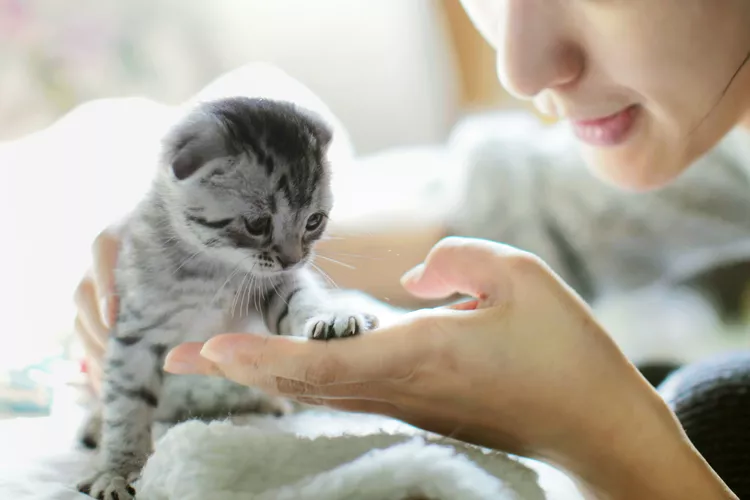
The First 30 Days With Your New Kitten
The first month is full of changes and excitement for a kitten in a new home. Find out what to expect and what you can do for your new feline friend.
How Old Is Your Cat in Human Years?
As a cat ages, there are often behavioral and physical changes too. Find out how to convert cat years to human years and what to expect at each stage.
What to Buy for Your New Cat: A List of Essentials
Before you bring your new cat or kitten home, there are a number of things to collect or buy so your cat will feel welcomed like a family member.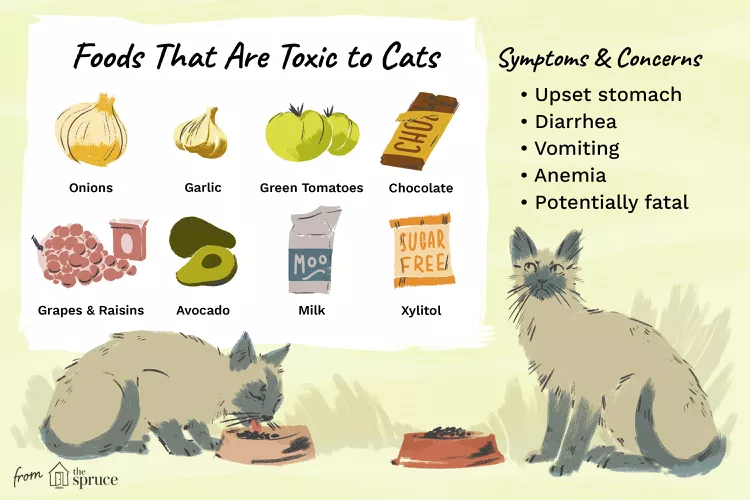
Human Foods That Are Poisonous to Cats
Many human foods are toxic to cats. Avoid feeding cats table scraps. Instead, feed a nutritious cat food created for their specific nutritional needs.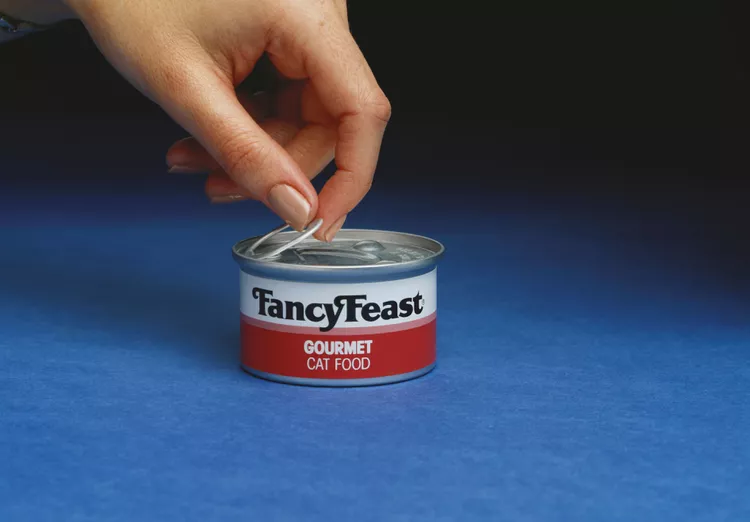
Cat Food Ingredients to Avoid
When checking the nutrition content of cat food, look for ingredients that are not healthy or show it is of poor quality. Avoid these 3 ingredients.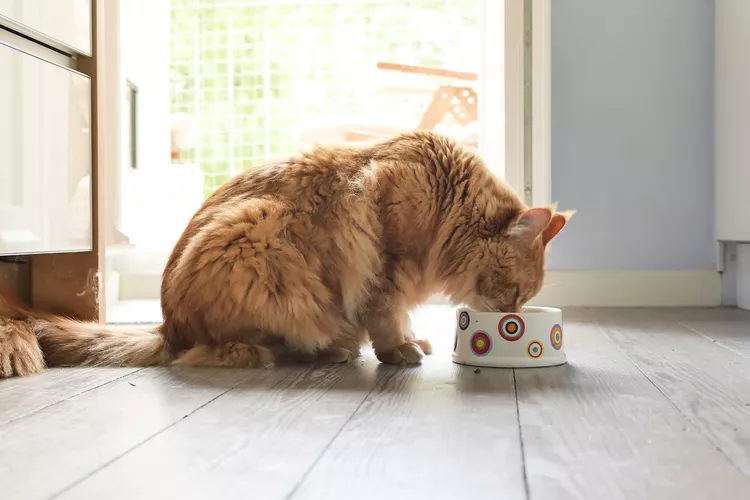
Should You Feed Your Cat a Raw Diet?
Learn the pros and cons of raw diets for cats, and find out how to choose a raw food diet for your own cat.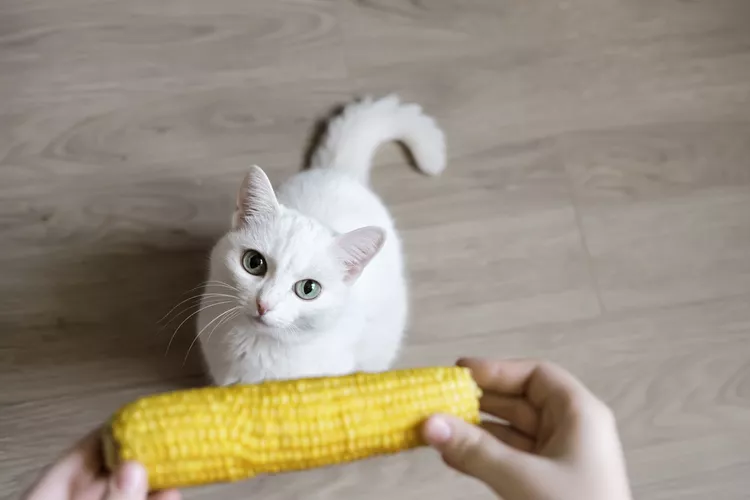
Can Cats Eat Corn? Here's What A Vet Thinks
Corn is a common ingredient in cat food and can be a safe treat for cats when fed in moderation. Find out more about how to safely feed corn to your cat.
10 Obscure, Little-known Canine Facts in Honor of National Dog Day
With National Dog Day upon us, it's time to celebrate everything about our favorite pets—even the weirder stuff. Here are 10 obscure facts about dogs you probably didn't know.
The Different Types of Pet-Friendly Workplaces
Discover the different types of pet-friendly workplaces and the benefits they offer employees. Learn how to create a pet-friendly workplace and the best practices for pet owners.
Exploring the Different Types of Pet-Friendly Beaches
Are you looking for pet-friendly beaches? Learn about the different types of pet-friendly beaches, their locations, and tips for visiting them with your pet.
Why Is My Dog Lethargic?
Lethargy can be a sign that something is wrong with your dog. Find out what may be causing this lack of energy and what you should do about it.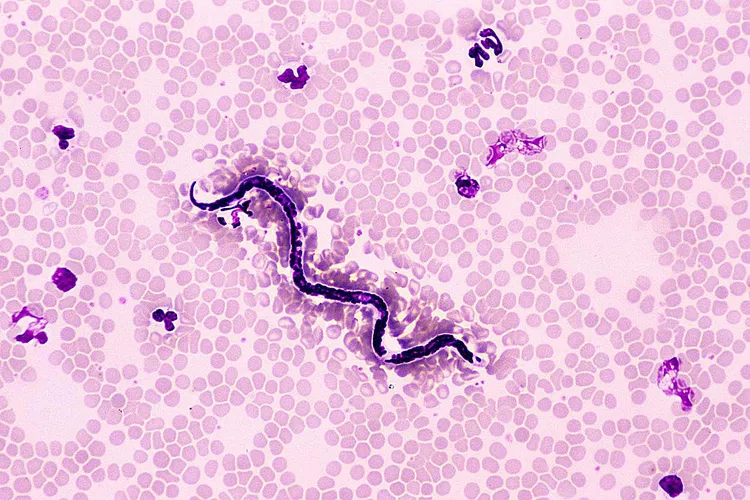
Medications to Prevent Heartworm Disease for Dogs
Heartworm disease is a serious risk for all dogs exposed to mosquitos. Find out about the products used to prevent Heartworm disease in dogs.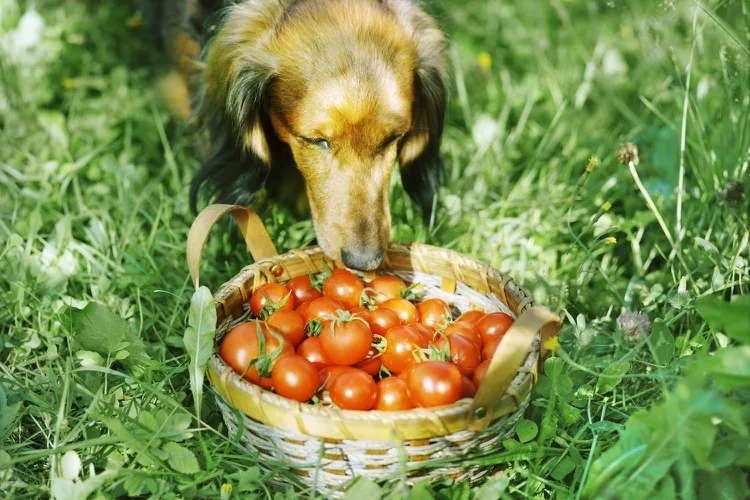
Can My Dog Eat Tomatoes?
You'll want to keep Fido out of your garden since the tomato plant is toxic, but you can safely offer him ripe tomatoes as a nutrient-packed treat.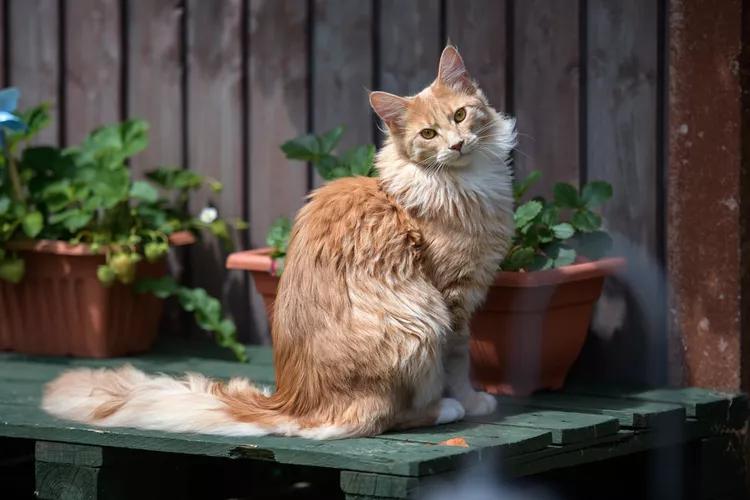
15 Best American Cat Breeds
Several cat breeds, including the American shorthair and Bengal, have their origins in the United States. Learn more about these American cat breeds.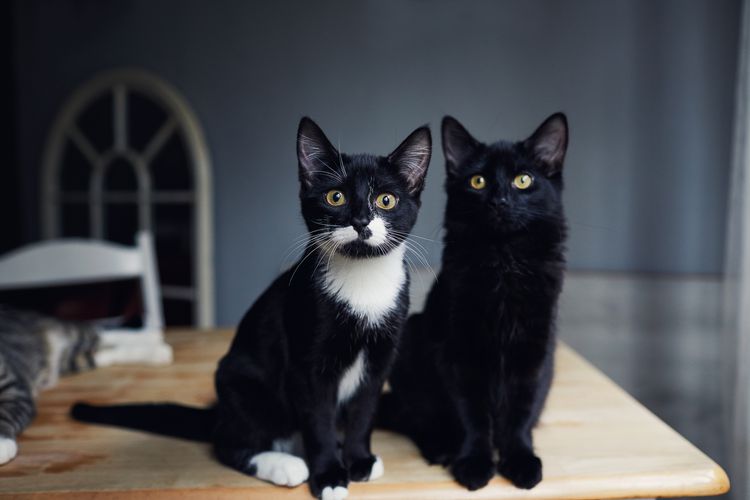
Why Do Cats Slap Each Other?
Cats can have some quirky behaviors—one of them being slapping each other. Why do they do this and what can you do to stop it?
Skye Terrier: Dog Breed Characteristics & Care
Learn all about the Skye Terrier, an elegant breed known for its friendly and even-tempered personality with classic terrier traits.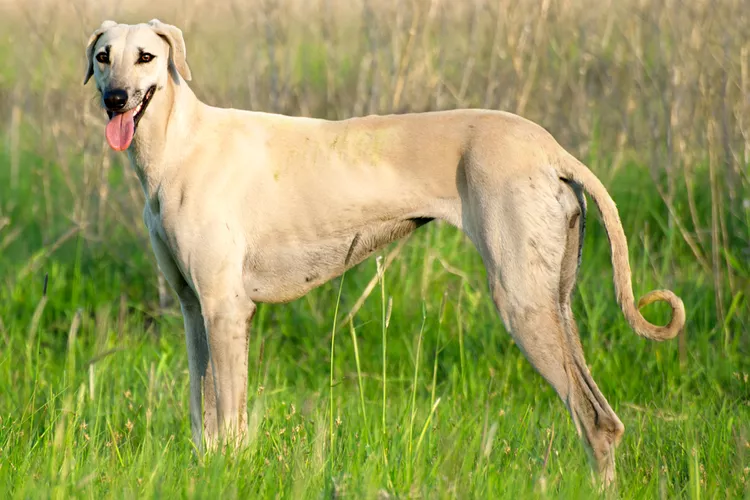
Sloughi: Dog Breed Characteristics & Care
Learn all about the Sloughi, an ancient dog breed known for its impressive running ability, slim stature, and affection toward its family.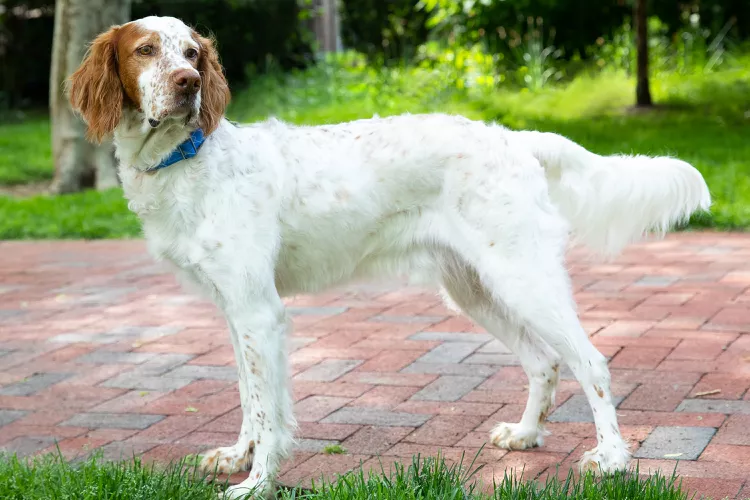
English Setter: Dog Breed Characteristics & Care
Learn about the English setter, an excellent hunting breed for pointing and retrieving game. It's also a popular and affectionate companion dog.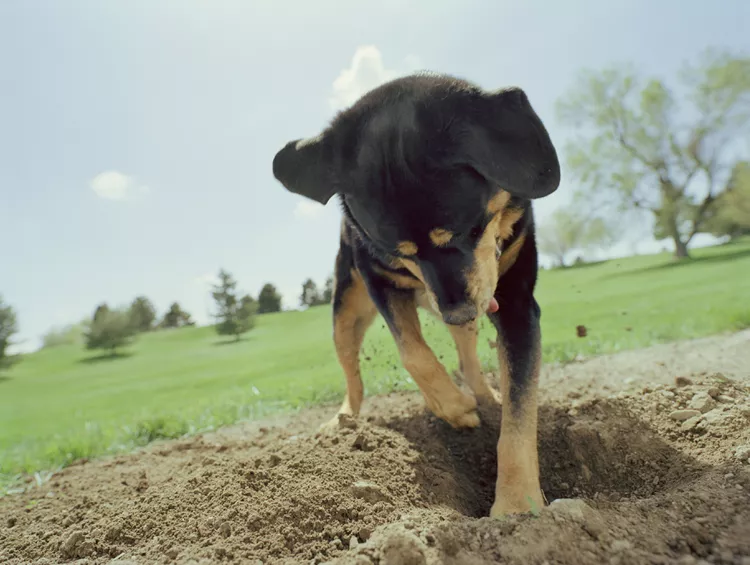
Why Dogs Bury Bones and Other Objects
If you give a dog a bone, he might bury it. Why is that? Learn about this burying behavior in dogs and what it means for your pet.
Reasons Why Dogs Run Away and How to Stop It
Dogs can escape, especially if they’re bored and not properly contained. Here are some techniques for stopping your dog from running away.